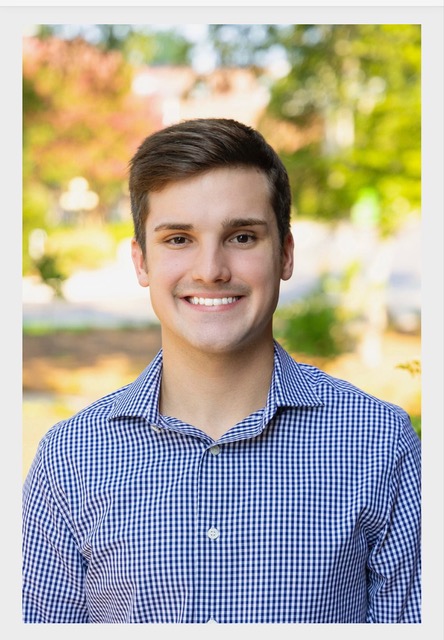Would You ‘Pay It Forward’? Oregon’s Tuition-Free College Plan
Earlier this month, the Oregon state legislature approved a plan conceived by the Economic Opportunity Institute, and put into action by several Portland State University students, to provide free tuition to students attending public universities or community colleges in the state. The only stipulation is that students participating in the program pay back the state through a percentage of their income after graduation. The program, called “Pay It Forward, Pay It Back”, was passed unanimously through Oregon’s Senate and House earlier this month, and the state’s Higher Education Coordinating Commission will soon be developing a pilot program.
The “Pay It Forward, Pay It Back” plan is drawing a lot of attention, as well as applause. Although it is not the first of its kind, this proposal will allow an alternative plan of action for future college students seeking higher education without the financial means. In one of the suggested models, students who graduate from a four-year college will have 3% of their paychecks deducted for roughly twenty-five years after they have graduated college, rather than pay a set amount in interest rates until the loan is paid off and living with debt that can reach up to six figures. This means that the amount that is paid back to the state is based solely on the amount that the individual makes. The same will apply for graduates from two-year colleges, but the percentage taken out of their paychecks will be cut down to 1.5%. The program is quite advantageous now considering that the interest rates of subsidized Stafford loans were recently doubled– a problem that could potentially affect millions of future students.
The program is not ready to be put into action yet. Although the program has passed through legislature, there are still obstacles to overcome. The commission still has to answer the question of how the State is going to come up with the start-up funds for the program, which could amount to as much as $9 billion. They also have to put together a pilot program that can go into effect prior to the 2015 legislature.
Regardless, many people are excited about the possibility of the program becoming reality. Due to the appeal of such a potentially beneficial program, other states such as Washington, New York, Pennsylvania, Vermont and Wisconsin have expressed interest in utilizing a similar program. If the “Pay It Forward, Pay It Back” program was a possibility in your state, would it be worth utilizing? Could there be possible drawbacks that outweigh the benefits of the program?




You must be logged in to post a comment.